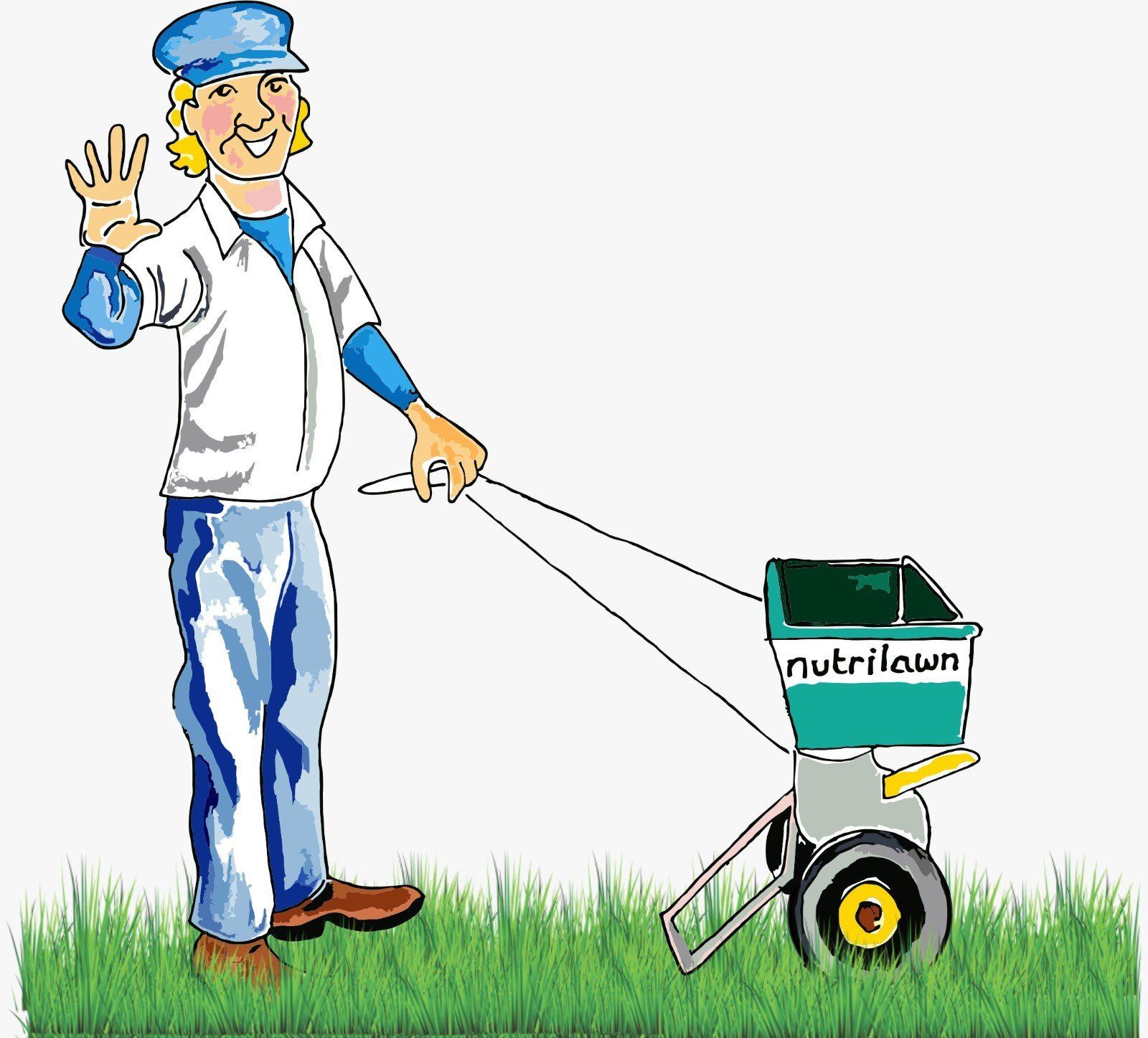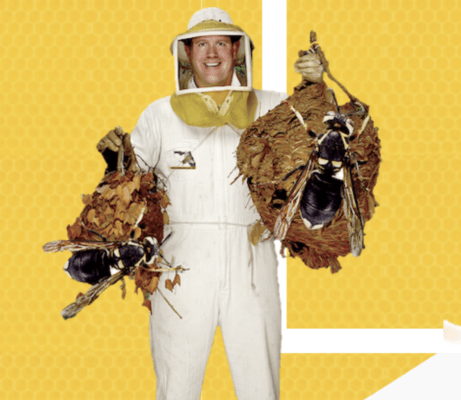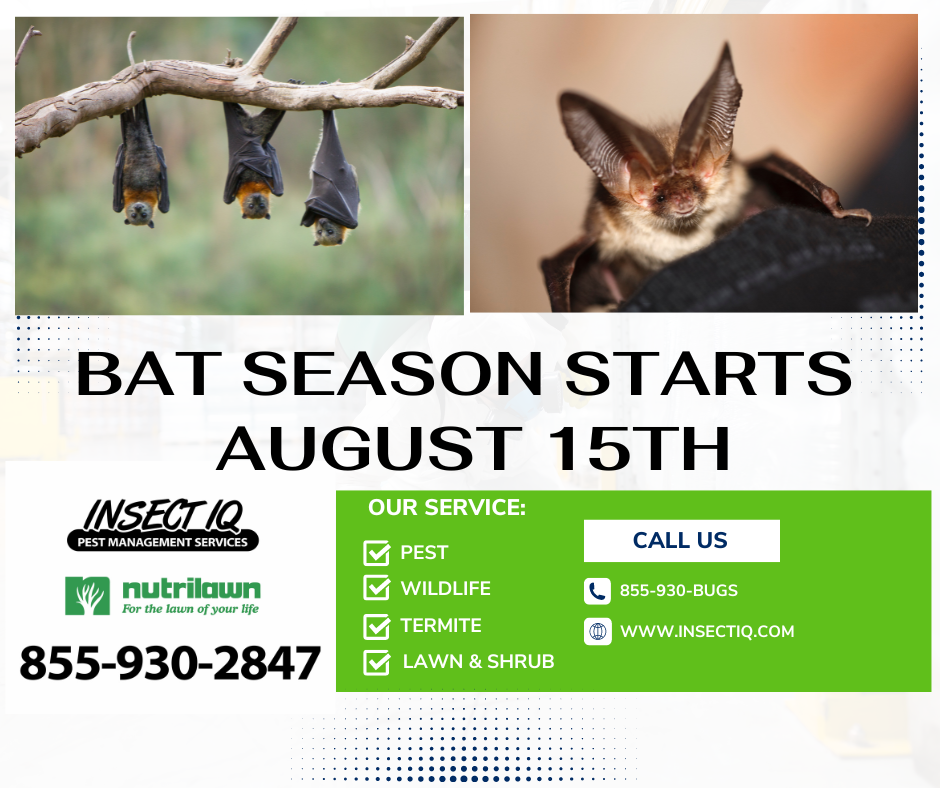Mole Crickets Are Eating Your Turfgrasses, Gardens, And Vegetable Seedlings.
Mole crickets are the most common turfgrass insects in Florida, and they are one of the most destructive.
What To Look Out For
These invasive crickets are not native to Florida and were likely introduced from Asia or Africa. They feed on lawns, gardens, and vegetable seedlings, and can be extremely detrimental to the Florida ecosystem. Three non-native species of mole crickets are found throughout Florida: the southern mole cricket (Neocurtilla hexadactyla), the common mole cricket (Gryllotalpa spp.), and the desert mole cricket (Scapteriscus abbreviatus). Mole crickets are most often thought of as the destroyer of grasses, such as bahiagrass, bermudagrass, centipedegrass, seashore paspalum, St. Augustinegrass, and zoysiagrass. They feed on turfgrasses during periods of drought when they are stressed by heat or low rainfall amounts.
Options for managing mole crickets in turfgrass include cultural, biological and chemical control methods.
Cultural Controls For Mole Crickets
Selecting tolerant plant cultivars, altering soil moisture, reducing attractive lighting, and changing various growing practices can help deter mole crickets. However, you probably like your grass, garden, and vegetables, so changing what you grow might not be an option. Cultural controls, such as lighting, may be implemented individually or used in conjunction with other methods. Again, lighting up your lawn at night, might not be the most practical solution.
Chemical Controls For Mole Crickets
Chemical Control Mole cricket IPM includes the use of insecticides when necessary. Apply an insecticide only when the plant damage threshold is met or exceeded. Rules & regulations for using hazardous chemicals vary by municipality. It is always best to contact a professional when controlling an infestation. Insect IQ is available for a free consultation if you have an infestation. Small mole cricket nymphs feeding and growing during the summer months are more susceptible to insecticides than large nymphs present in late summer and fall. However, our trained pest control team can eliminate an infestation any time of the year.
Biological Controls For Mole Crickets
Naturally occurring predators of mole crickets include raccoons, opossums, armadillos, birds, spiders, tiger beetles, and many other insectivorous animals. Unfortunately, foraging by some of these predators, especially armadillos, can cause considerable damage to turfgrass. Oftentimes, the biological controlling pest is worse for your home than the mole crickets.
What To Do If You Suspect A Mole Cricket Infestation
Call your pest control company and ask to talk to the Entomologist. Insect IQ has two Entomologists on staff to manage identification and investigations. Your typical "bug guy" may not understand the protocol for exterminating mole crickets.
We will be able to identify if you have a mole cricket problem or some other pest issue. Insect IQ offers free evaluations to help you determine what action (if any) you need to take to control your pest problem.
For more information call 855-930-2847 (bugs).
Or visit us athttps://www.insectiq.com/nutrilawn for more information.




Insects and Rodents in Your Christmas Decorations Ensuring a Pest-Free Holiday Season with Insect IQ





Insect IQ has been serving Florida Clients that has been providing commercial pest control and a variety of pest control services since 1996. Our pest experts are licensed professionals and exceptionally trained.
Contact Us
You can always contact us via email, text, call or chat. If you need to schedule a visit or have a question about bugs or other stinging insects?. We are standing by 24/7 to help.
855-930-2847 (bugs)








